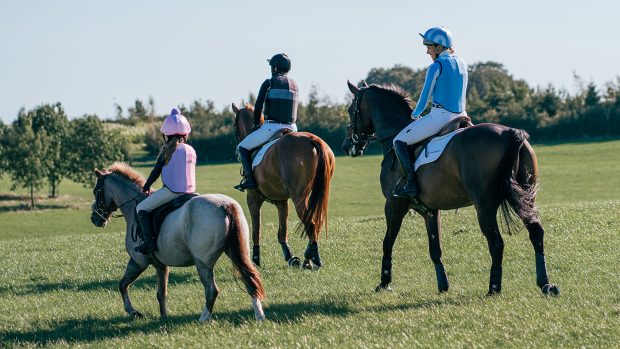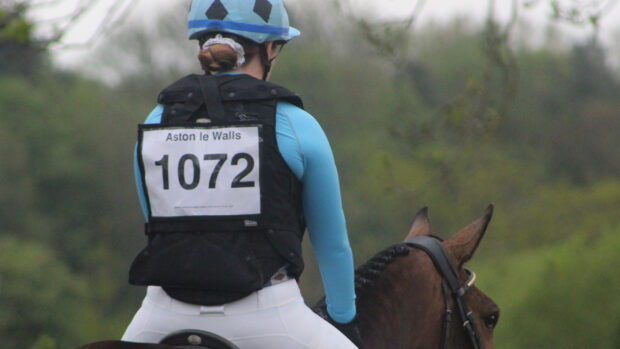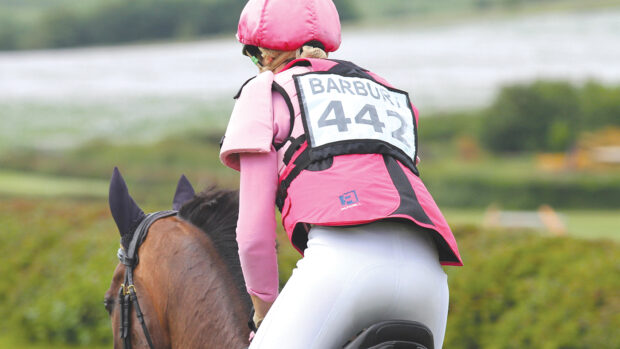Researchers at Nottingham Trent University aim to use video footage to help identify and reduce risk in eventing – and help training.
The study, led by PhD student Jess Johnson, will run in collaboration with An Eventful Life, using its archives of competitions from grassroots to international level, in the UK, Australia and New Zealand.
The researchers hope to identify factors contributing to risk, evaluate factors contributing to clearing fences successfully and use their findings to help coaching and influence jump design.
Ms Johnson said: “The benefits of video feedback have been demonstrated in other sports such as tennis, but its use in equestrian sport has not been fully explored.
“The factors which contribute to successful jump clearance have already been studied, what makes this project unique is the video aspect.”
Jaime Martin, a lecturer in animal and zoo biology lecturer at the university and one of the lead researchers on the project, said the team will research factors including rider behaviour, surface condition and rider psychology.
“This project is a really exciting new opportunity to analyse already existing video evidence to improve safety and coaching,” he added.
An Eventful Life director and co-founder Paul Higgs said that his company’s library covering more than a million jumps, filmed at events across the world, is a “unique data resource”, which will continue to grow during the project.
Continues below…
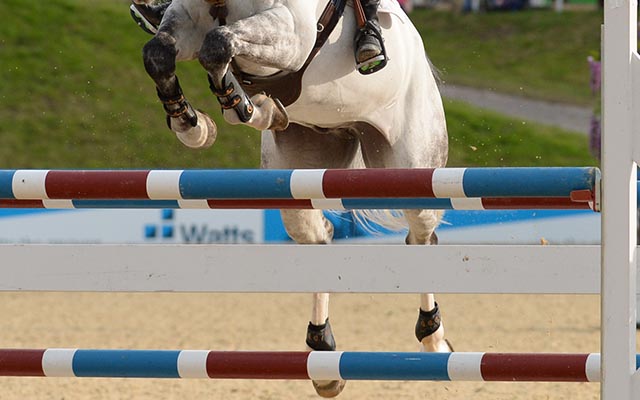
‘It only takes one idiot’: warm-up incident sparks plea for action
'It’s only a matter of time before I witness a serious accident in a collecting ring as it’s a dangerous
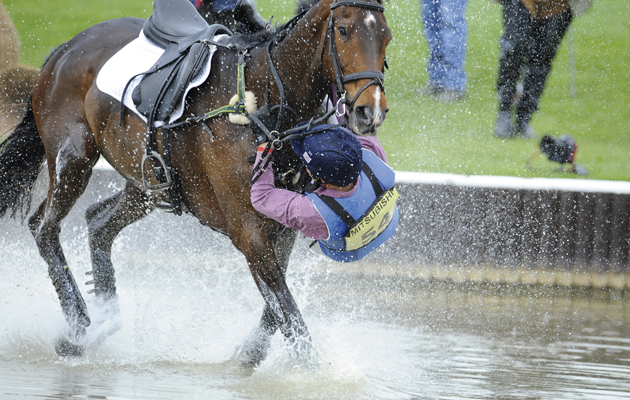
Calls for riders’ fall videos to help prevent future spinal injuries
‘When you live the reality of being in a wheelchair – we don’t want anyone else to join us’

Subscribe to Horse & Hound magazine today – and enjoy unlimited website access all year round
He added: “Eventing is a thrilling sport that is growing in popularity around the world, but we need to make it safer for horse and rider. That is our aim.”
The study also involves the university’s Carol Hall and David Crundall, a psychologist in the university’s school of social sciences.
For more on this study, and other work aiming to use footage to improve safety, see H&H magazine, 2 May edition.


